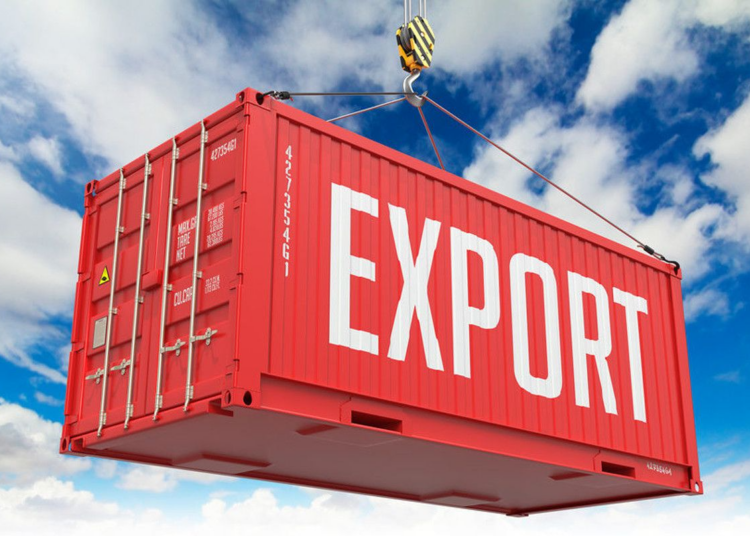Nigeria is targeting to grow its exports to the United Kingdom (UK) from 0.3 per cent to five per cent share of the market valued at £14 billion by 2030.
Executive director/CEO of the Nigerian Export Promotion Council (NEPC), Dr. Ezra Yakusak, who made this known said would achieved through the recently launched Developing Countries Trade Scheme (DCTS) by the UK.
Under the new scheme, DCTS is to replace the UK’s current Generalized System of Preference (GSP), while Nigeria will now be benefiting from 9500 tariff lines instead of the previous eight. Besides, Nigeria no longer has to ratify the 36 conventions with the UK before trading. This is significantly more generous than both the EU’s GSP scheme and the US’ AGOA scheme and based on current trade volumes, would mean that 99 per cent of goods exports to the UK are duty-free.
Ezra, who disclosed this at a workshop organised by the UK-Africa Trade and Investment Service, noted that the recent development by DCTS will boost trade with Least Developing Countries (LDCs) through reduced tariffs as well as simplified Rules of Origin for LDCs.
He explained that the essence of NEPC’s participation was to sensitise the Nigerian exporting community to take advantage of the new scheme as well as provide veritable information that would proffer solutions to technical and operational challenges faced by Nigerian exporters.
With the launch of the new scheme, Dr. Ezra disclosed that Nigeria could potentially grow its exports to the UK from 0.3 per cent to five per cent share of the market by 2030 with a value of 14 billion Pounds.
“The opportunity for Nigeria to increase its non-oil exports to the UK in sectors where supply currently exceeds the demand are cocoa, fertilisers, sesame, ginger, and cashew nuts. Others are natural rubber, cotton, frozen prawn, plantain, and tomatoes,” he added.
However, he lamented that several challenges have continued to inhibit the country from realising its full potential. These, he said are issues of market access, access to affordable finance, cost and pricing, and poor regulatory regime/bureaucratic process among other infrastructural deficits such as bad road networks, power outages, and dilapidated port facilities leading to port congestions.
We’ve got the edge. Get real-time reports, breaking scoops, and exclusive angles delivered straight to your phone. Don’t settle for stale news. Join LEADERSHIP NEWS on WhatsApp for 24/7 updates →
Join Our WhatsApp Channel










